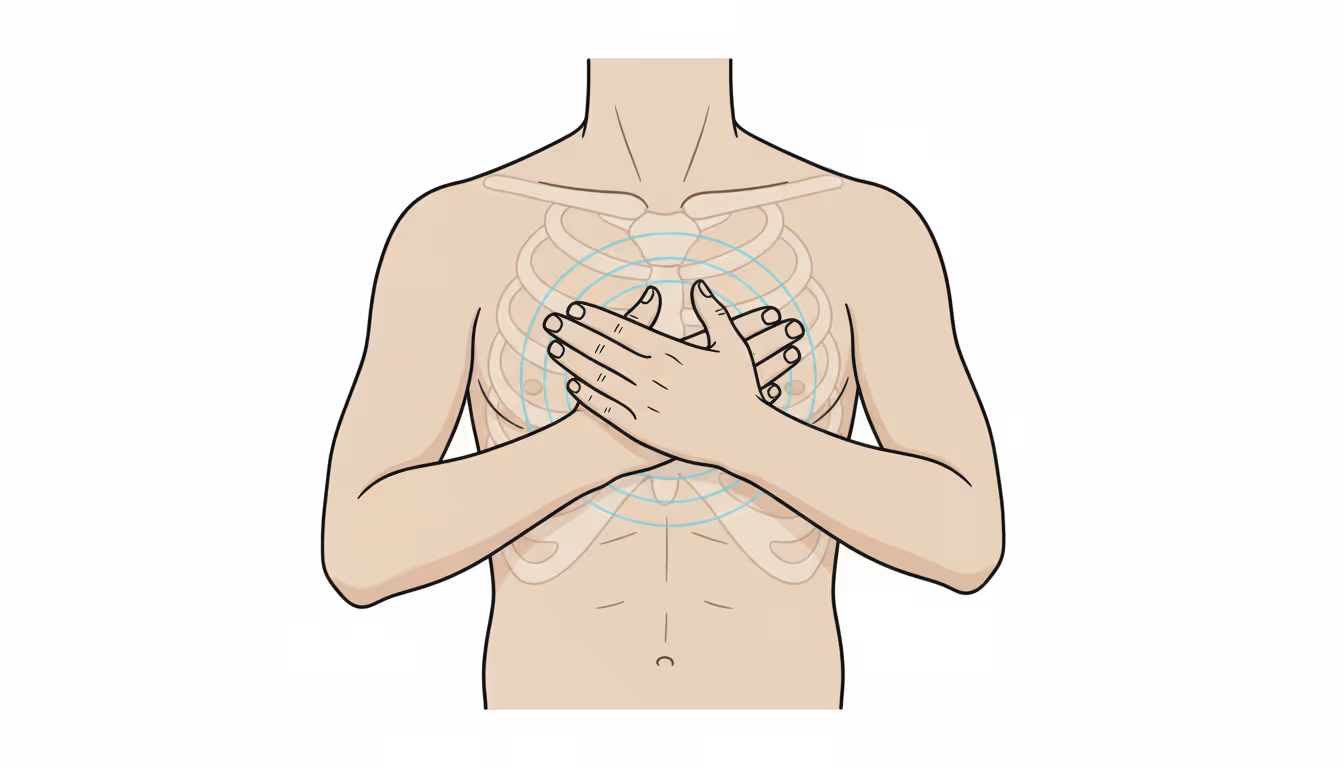
Generalized anxiety disorder, commonly referred to as GAD, is a condition marked by persistent, excessive worry and tension lasting six months or longer. This anxiety is often disproportionate to the everyday concerns most people face. Individuals with GAD tend to anticipate negative outcomes and worry excessively about finances, health, family, or work, even without any concrete reasons. They find it difficult to relax, frequently experience insomnia, and sometimes struggle to identify the root of their anxiety. Merely contemplating daily tasks can trigger anxious feelings. Physically, those with GAD might feel fatigued, experience trembling, muscle tension, headaches, and irritability. They may also feel dizzy or short of breath, and some experience nausea or frequent urination. Approximately 3% of adults aged 18 to 54 in the United States are affected by GAD annually. The disorder often begins in childhood or adolescence but can also emerge in adulthood. It is more prevalent among women, tends to be hereditary, and may worsen with age. GAD often coexists with depression and other anxiety disorders. Treatment options include medication and cognitive-behavioral therapy.




